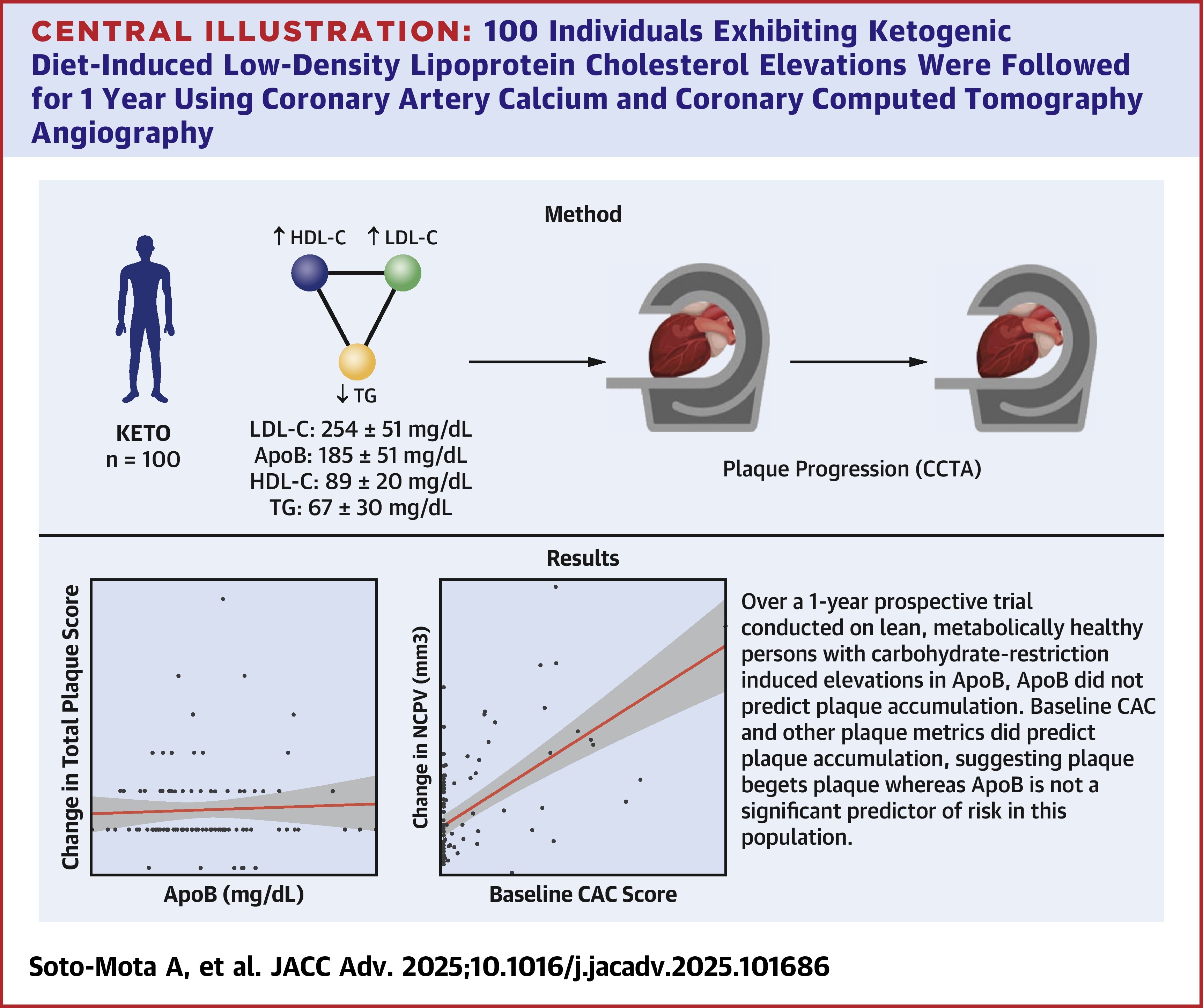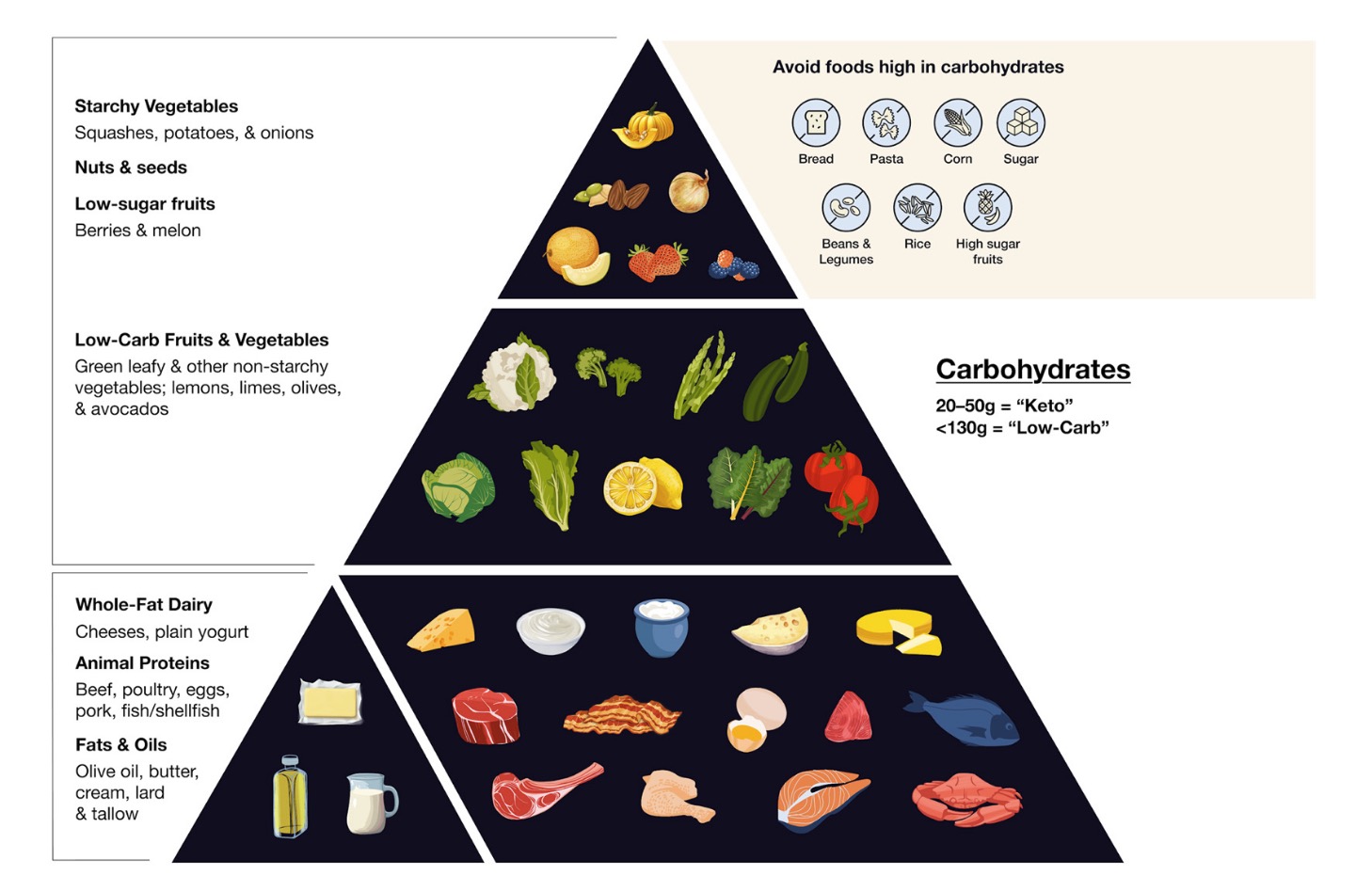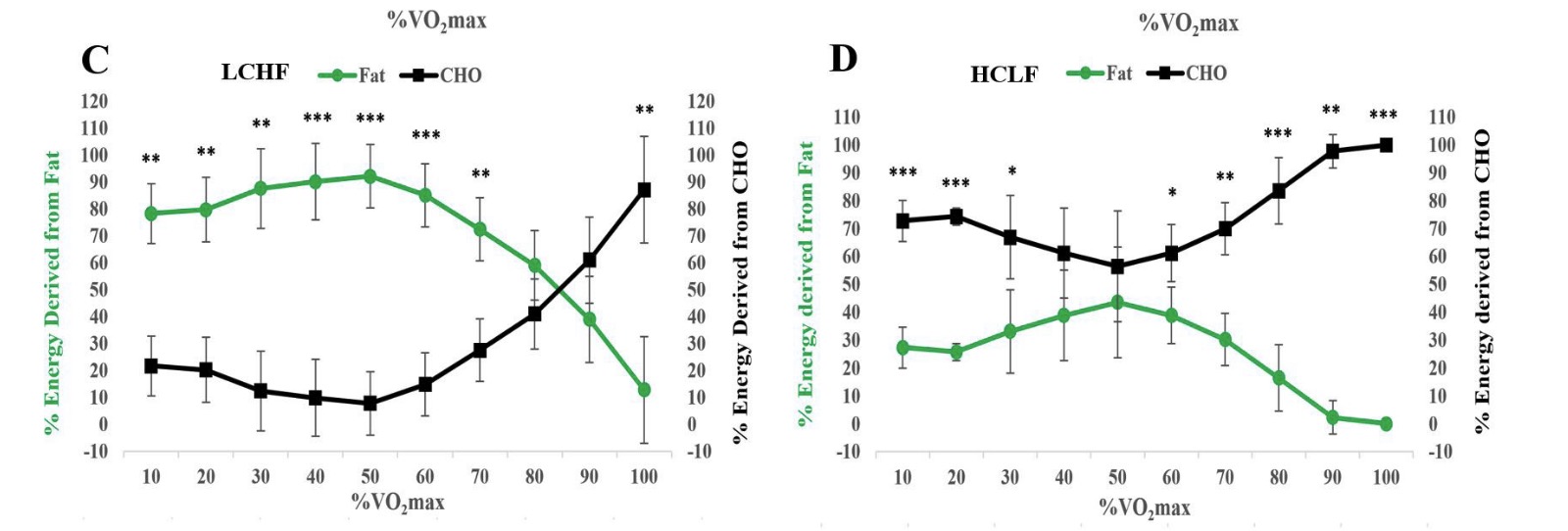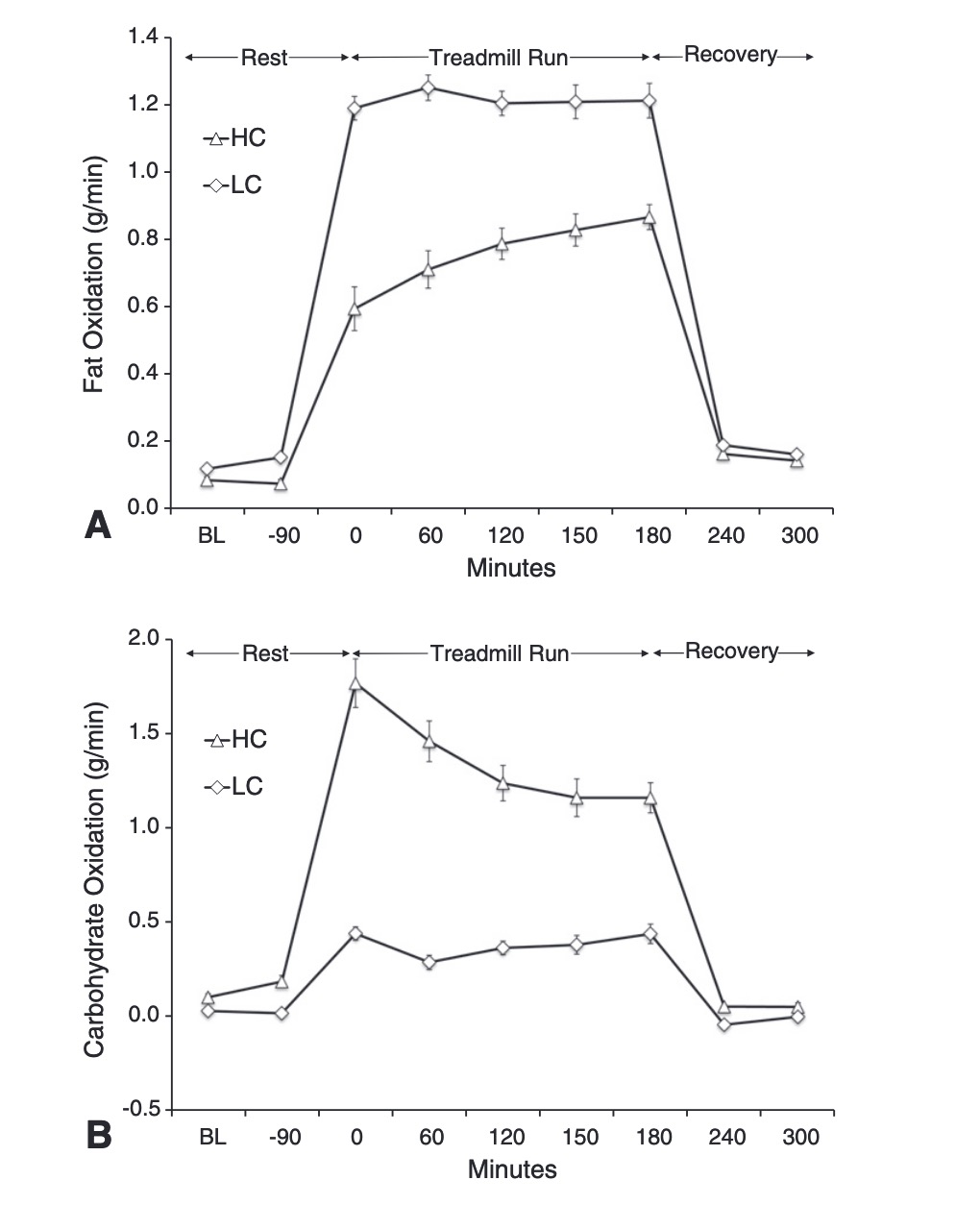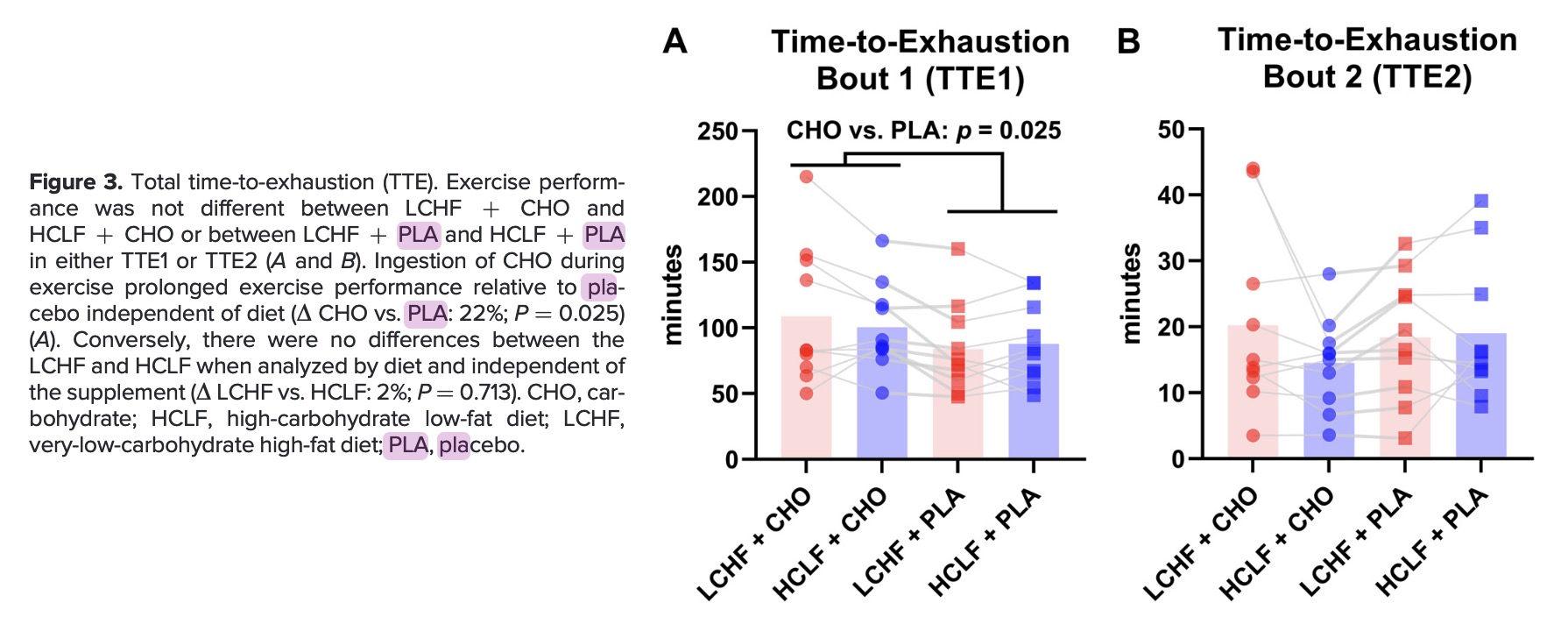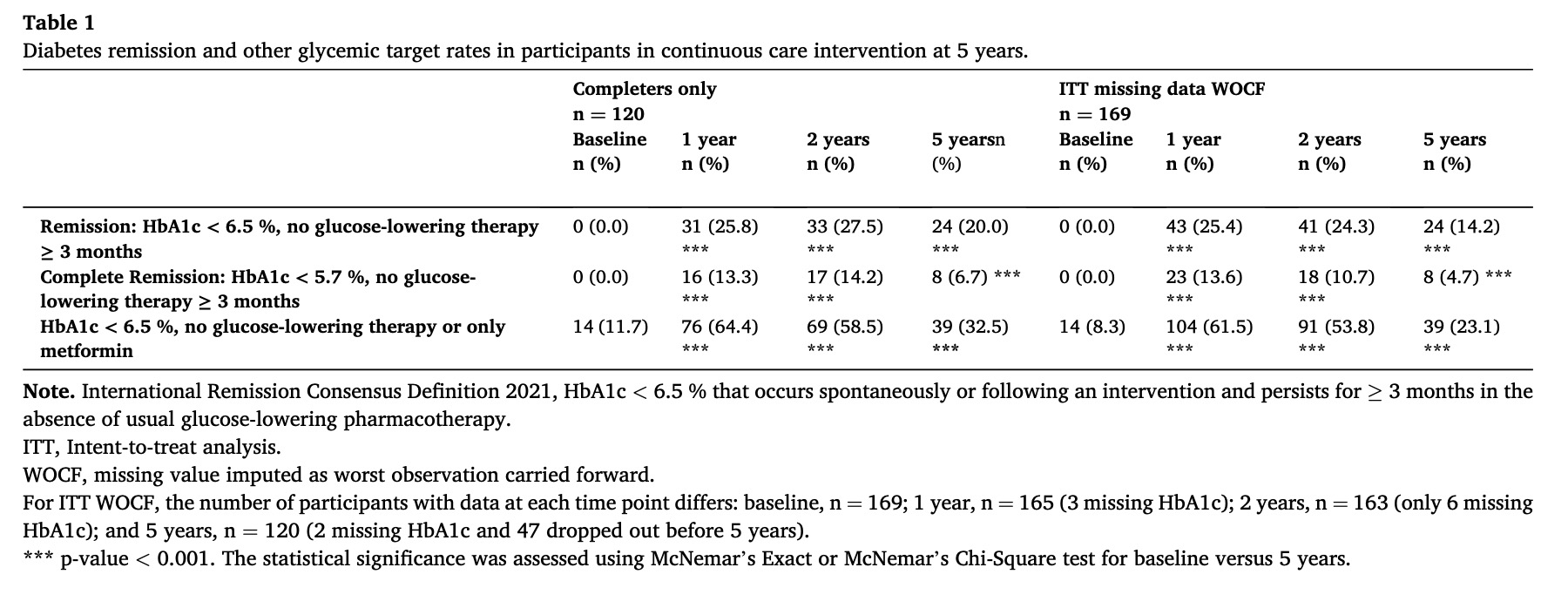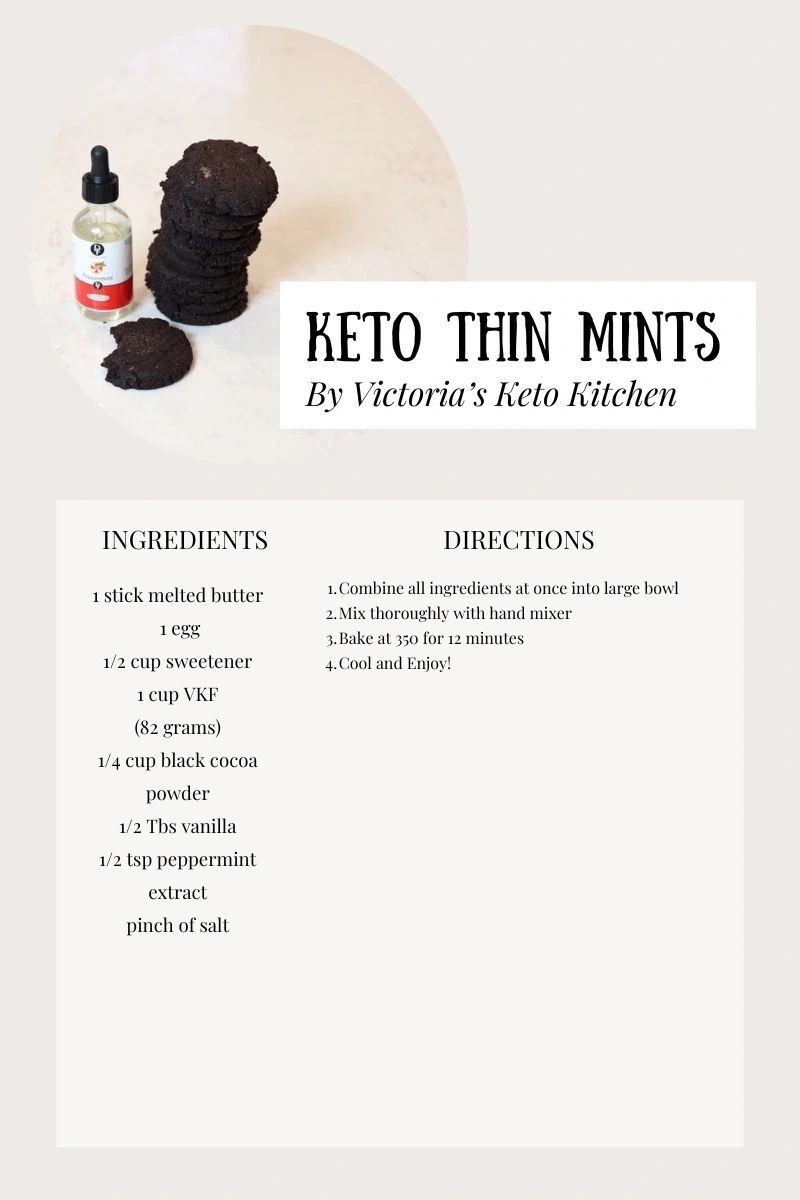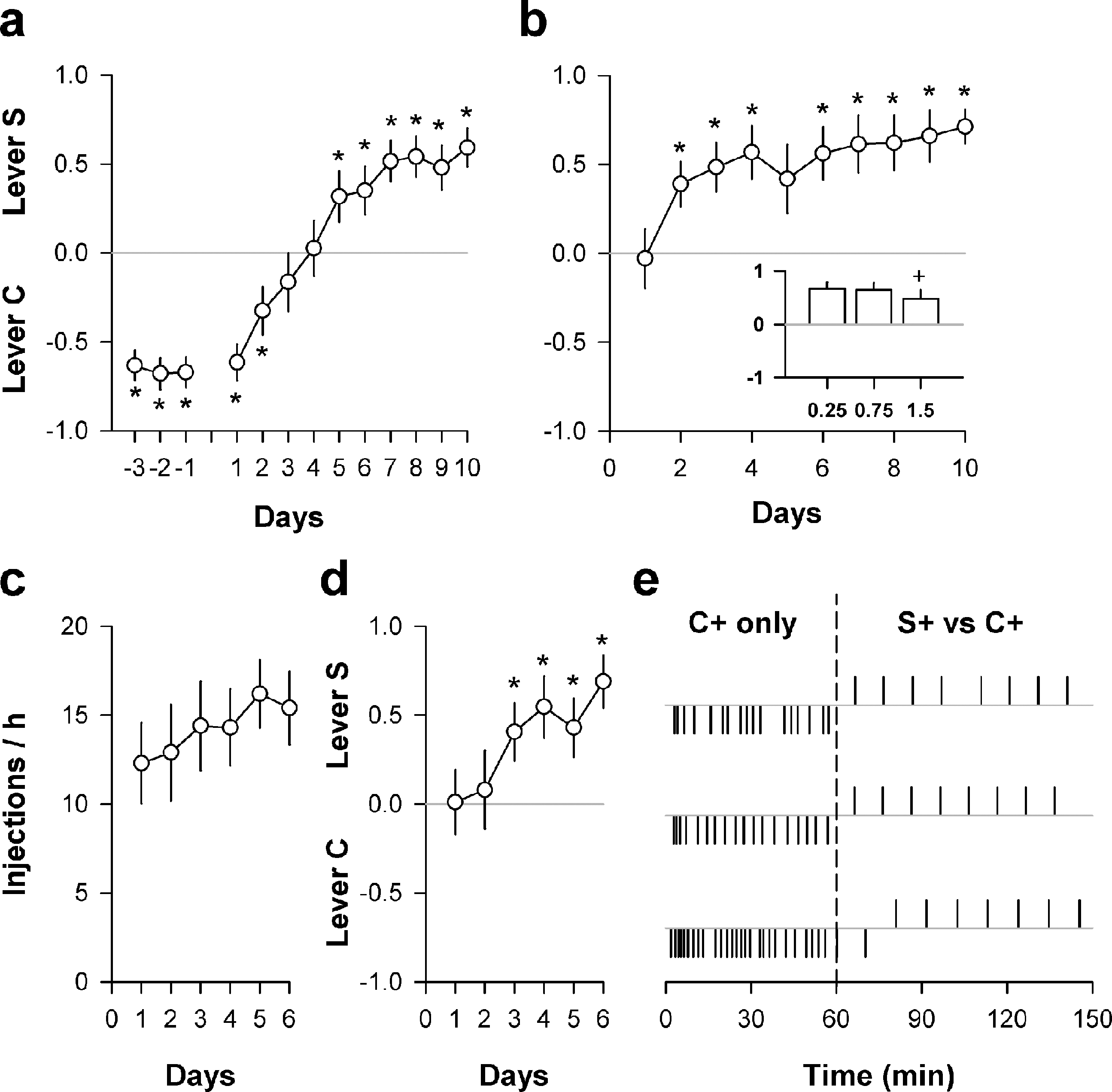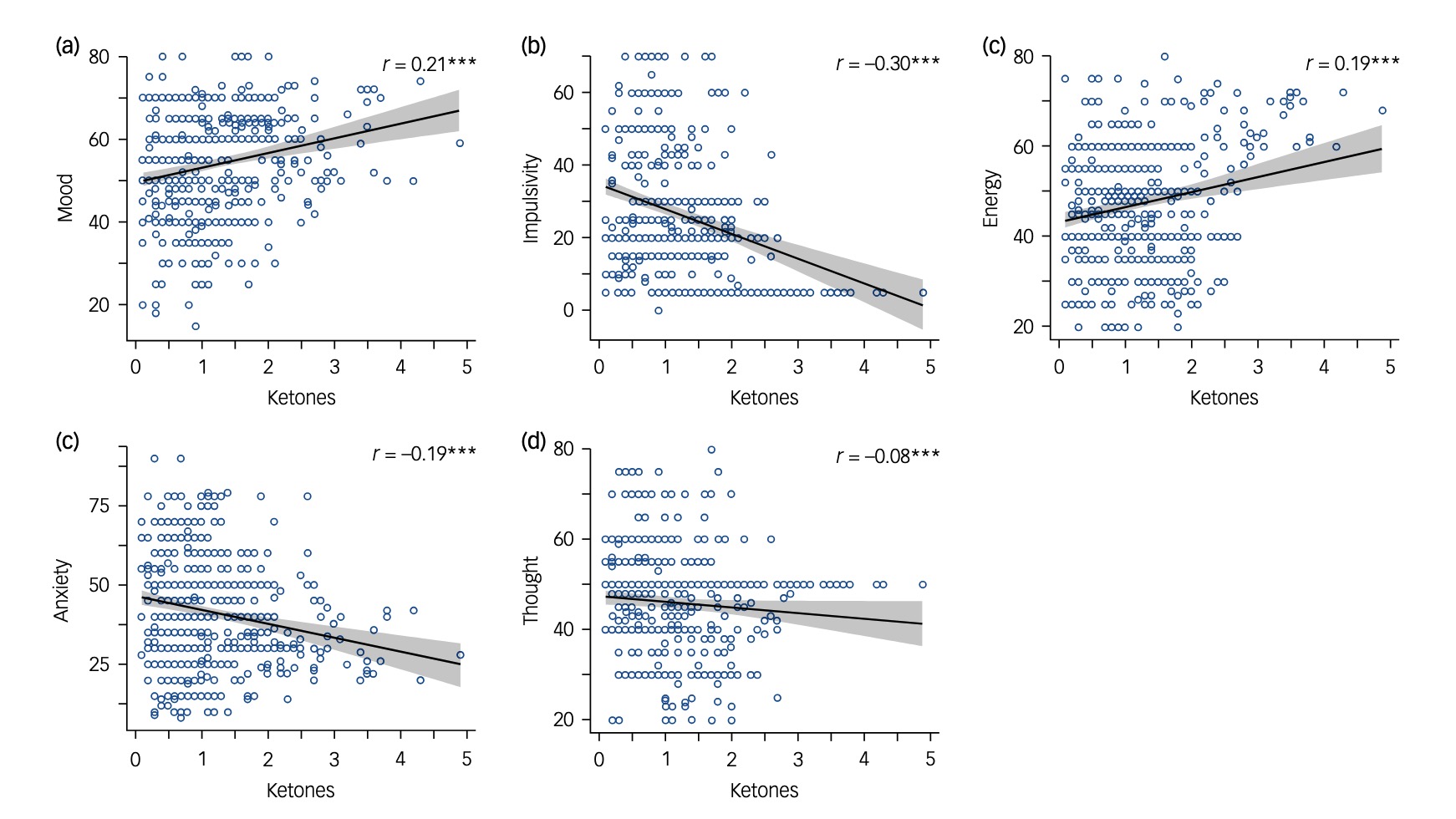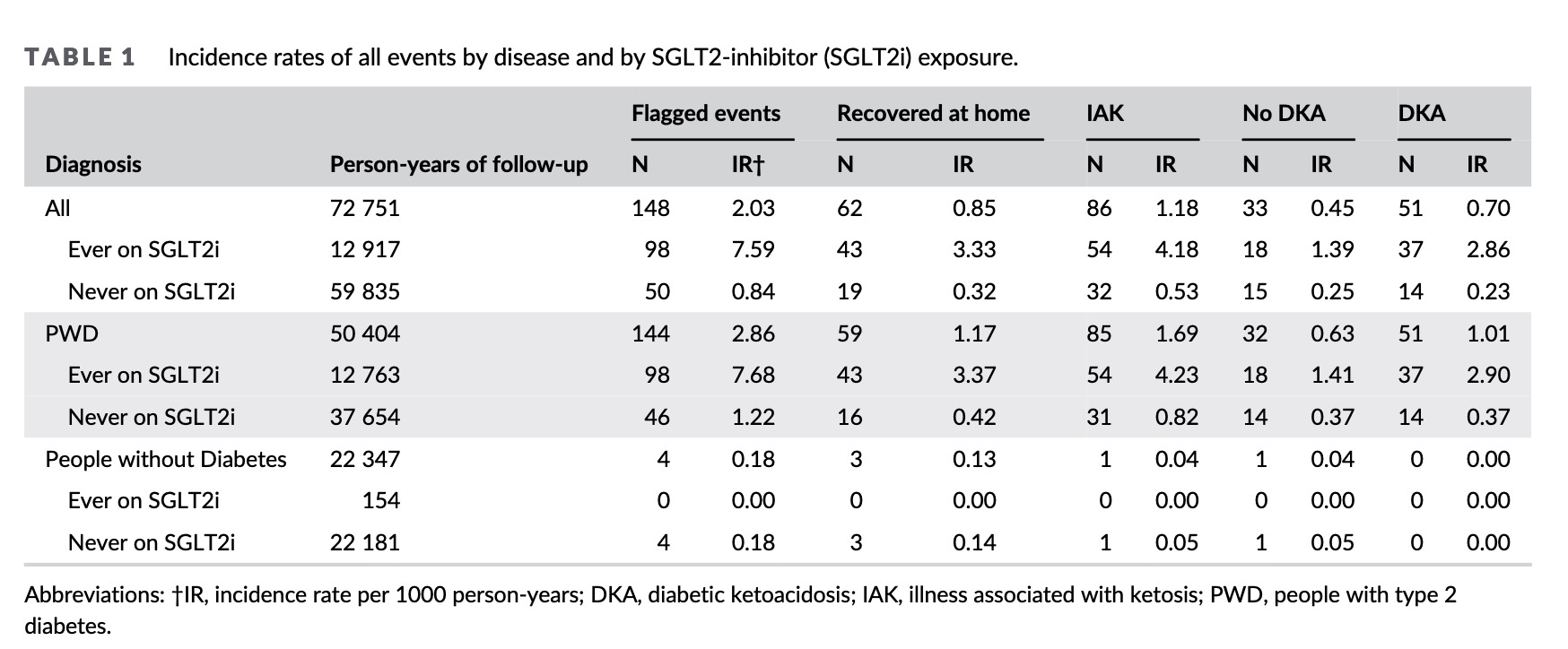Thomas N. Seyfried received his Ph.D. in Genetics and Biochemistry from the University of Illinois, Urbana, in 1976. He did his undergraduate work at the University of New England, where he recently received the distinguished Alumni Achievement Award. He also holds a Master’s degree in Genetics from Illinois State University. Thomas Seyfried served with distinction in the United States Army’s First Cavalry Division during the Vietnam War and received numerous medals and commendations. He was a Postdoctoral Fellow in the Department of Neurology at the Yale University School of Medicine and then served on the faculty as an Assistant Professor in Neurology.
Other awards and honours have come from such diverse organisations as the American Oil Chemists Society, the National Institutes of Health, The American Society for Neurochemistry, the Ketogenic Diet Special Interest Group of the American Epilepsy Society, the Academy of Comprehensive and Complementary Medicine, and the American College of Nutrition.
Dr. Seyfried previously served as Chair, Scientific Advisory Committee for the National Tay-Sachs and Allied Diseases Association and presently serves on several editorial boards, including those for Nutrition & Metabolism, Neurochemical Research, the Journal of Lipid Research, and ASN Neuro, where he is a Senior Editor.
Dr. Seyfried has over 150 peer-reviewed publications and is the author of the book, Cancer as a Metabolic Disease: On the Origin, Management, and Prevention of Cancer (Wiley, 1st ed., 2012).
Summarizer
In this presentation, Professor Thomas Seyfried discusses the concept of cancer as a metabolic disease rather than a genetic one. He argues that the prevailing view of cancer being primarily caused by genetic mutations fails to address the fundamental issue of mitochondrial dysfunction. Seyfried presents evidence that highlights the significant role of metabolism in cancer development and provides insights into novel therapeutic strategies focused on metabolic management. His work suggests that shifting the understanding of cancer could lead to more effective and less toxic treatment options.
Key Points
Current cancer crisis overview
Seyfried opens by presenting statistics from the American Cancer Society that highlight the alarming increase in cancer cases and deaths, pointing out that there has been little progress in reducing cancer mortality over the years.
Cancer as a metabolic disease
He introduces the idea that cancer should be primarily viewed as a mitochondrial metabolic disease, suggesting that damage to mitochondria leads to mutations in the nuclear DNA, which are secondary effects rather than primary causes of cancer.
Critique of somatic mutation theory
Seyfried challenges the dominant belief that cancer is a genetic disease caused by mutations in DNA. He argues that the focus on genetic mutations has shaped medical approaches to cancer treatment and that this perspective has failed to lead to meaningful progress in curing cancer.
Evidence supporting mitochondrial theory
Through various research studies and experiments, Seyfried illustrates that cancer cells possess dysfunctional mitochondria, which leads to altered energy metabolism, primarily dependent on fermentation instead of oxidative phosphorylation.
The Warburg effect and metabolic reprogramming
He discusses the Warburg effect, where cancer cells prefer to generate energy through fermentation even in the presence of oxygen and highlights the need for therapies that target the metabolic pathways of cancer cells.
Proposed therapeutic strategies
Seyfried proposes strategies for managing cancer that focus on lowering glucose and glutamine levels while promoting the usage of ketone bodies, suggesting a shift in the cancer treatment paradigm towards metabolic approaches.
Press-pulse therapy
He introduces a new therapeutic approach called press-pulse therapy, which combines chronic stress on cancer metabolism with acute interventions aimed at synergistically targeting cancer cells, aiming for improved patient health without the toxic effects of traditional treatments.
Need for a paradigm shift in cancer treatment
Seyfried concludes by emphasizing that recognizing cancer as a mitochondrial metabolic disease rather than a genetic one may revolutionize cancer therapy, leading to more effective and less harmful treatment options.
Publication List https://scholar.google.com/citations?user=ctSRQrsAAAAJ
Here is the paper the talk is largely based from : https://doi.org/10.3389/fcell.2015.00043 - Cancer as a mitochondrial metabolic disease
Here is the proposed press-pulse protocol : https://pubmed.ncbi.nlm.nih.gov/28250801/ - Press-pulse: a novel therapeutic strategy for the metabolic management of cancer
Here is a application of that protocol for glioblastomas : https://pubmed.ncbi.nlm.nih.gov/39639257/ - Clinical research framework proposal for ketogenic metabolic therapy in glioblastoma
